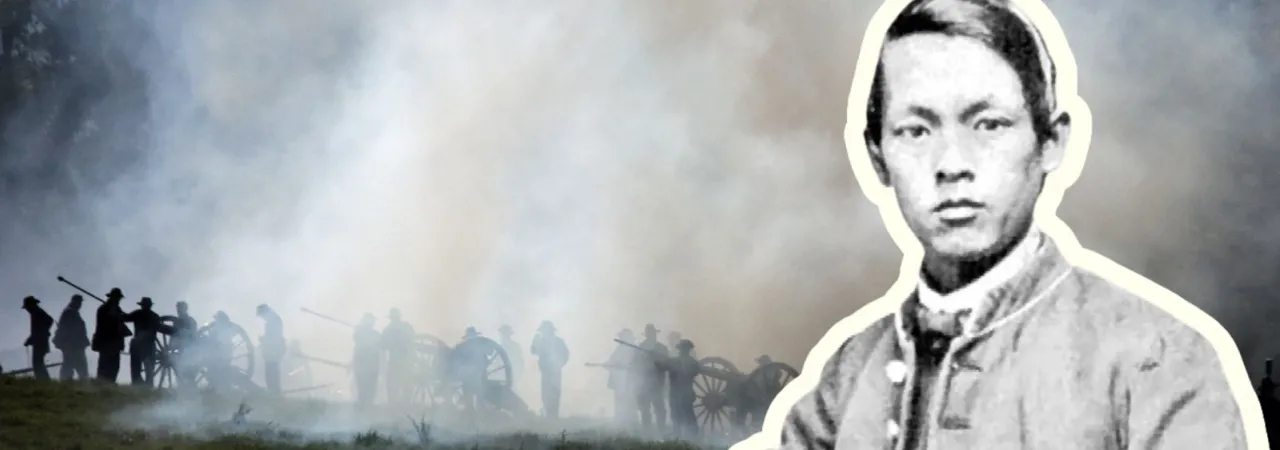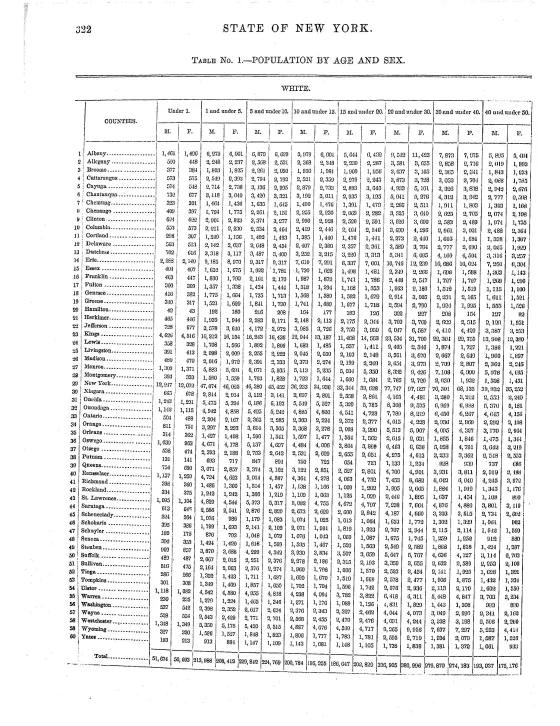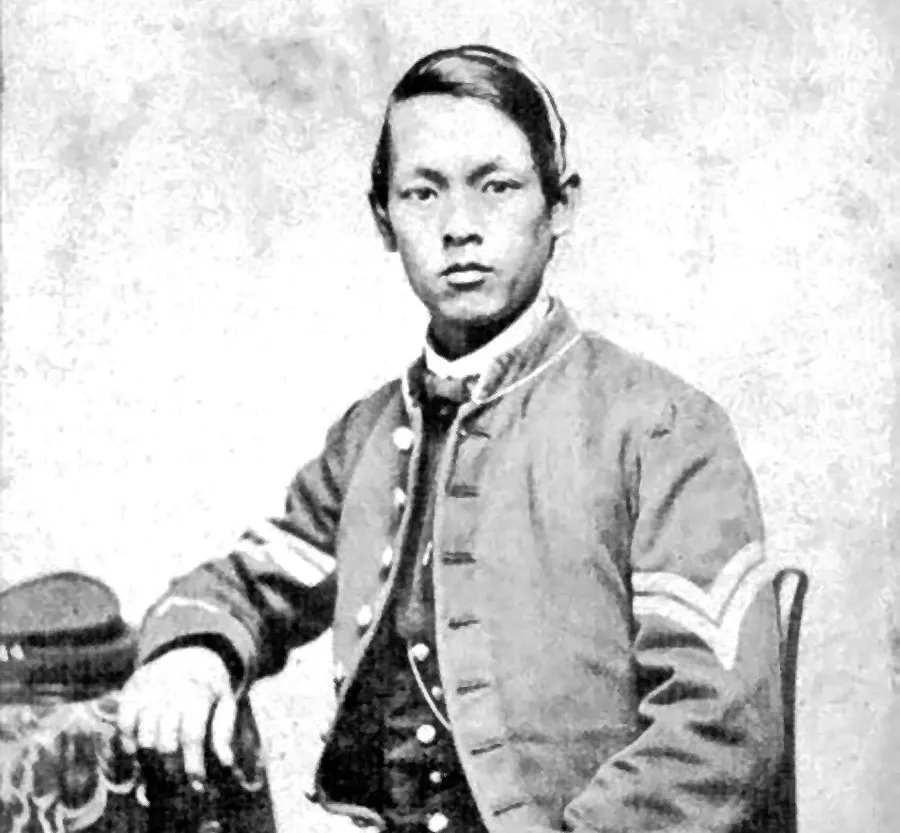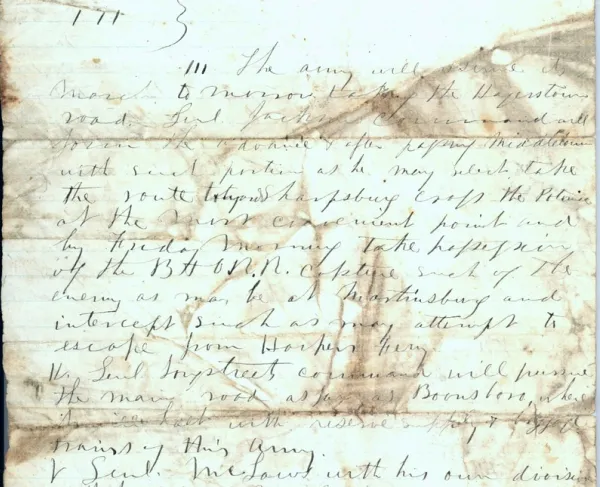
Though the Chinese-American population was primarily concentrated on the West Coast in the mid-19th century, a significant population of Chinese-Americans resided on the East Coast during the Civil War. Historian Ruthanne Lum McCunn estimates that 150 Chinese-Americans resided in New York City alone when the Civil War began. Approximately 50 Chinese-American soldiers served during the Civil War, primarily for the Union Army.

Upon the time of their enrollment, however, Chinese-Americans did not fit into any of the U.S. federal census’ racial categories. An excerpt from New York’s 1860 census reveals that the American population fit into one of three racial categories: white, black, or mulatto. As a result, many Chinese-Americans qualified as white, meaning they enrolled in the Union or Confederate army with relative ease. Nonetheless, the racial status of Chinese-Americans prompted their mistreatment due to the racial prejudices of white soldiers. When John Tommy, a Chinese-American soldier for the Union army, was captured by Confederate troops, the Richmond Dispatch described him only in passing as a ‘Chinaman.’
Despite their small population in Union and Confederate armies, various records reveal the contributions of Chinese-Americans to the Civil War cause. John Tomney joined the New York Infantry in 1861, and perished defending the Union army at the Battle of Gettysburg in 1863.
Joseph Pierce achieved the highest rank of any Chinese-American in the Union Army when he was promoted to corporal in the Army of the Potomac. Pierce fought in various Antietam campaigns and at Appomattox Court House— the site of Confederate General Robert E. Lee’s surrender to the Union. William Ah Hang enlisted in the U.S. Navy in 1863, making him one of the first Asian Americans to enlist in the Navy.

By enlisting during the Civil War, Chinese-Americans challenged the United States’ racial binary to expand beyond white, black, and mulatto. The gray-area surrounding Chinese-Americans’ racial classification made them victims of racially-motivated slander and acts of violence. Nonetheless, Chinese-Americans joined the Civil War cause in the hopes of improving their circumstances in America.
Similar to African-Americans, Chinese-Americans enlisted in the Civil War in the hopes of acquiring liberation from their exploitative jobs. A small portion of Asian-Americans were held in slavery, and most of the Chinese-American population worked as conscripted laborers on American railroads and other public works projects. The nature of their labor entailed backbreaking work in mining and construction, and they received scarce pay and seldom rights for their work. In enlisting in the Union army, many Chinese-Americans believed they would be rewarded for their efforts with citizenship and protective rights. Chinese-American efforts in the Civil War were to no avail, as their racial discrimination only heightened in the latter half of the 19th century with discriminatory policies such as the Chinese Exclusion Act— a piece of legislation passed in 1882 that suspended Chinese immigration for ten years and declared Chinese immigrants ineligible for naturalization. To this day, the role of Chinese-Americans in the Civil War and in the reconstruction of the divided American nation is seldom addressed.
Further Reading:
- “Mulatto, Indian, Or What”: The Racialization Of Chinese Soldiers And The American Civil War By: Angela He
- The secret history of Chinese-American Civil War soldiers By: S.E. Smith
- Stanford project gives voice to Chinese workers who helped build the Transcontinental Railroad By: Alex Shashkevich
Related Battles
12,401
10,316
152
500


